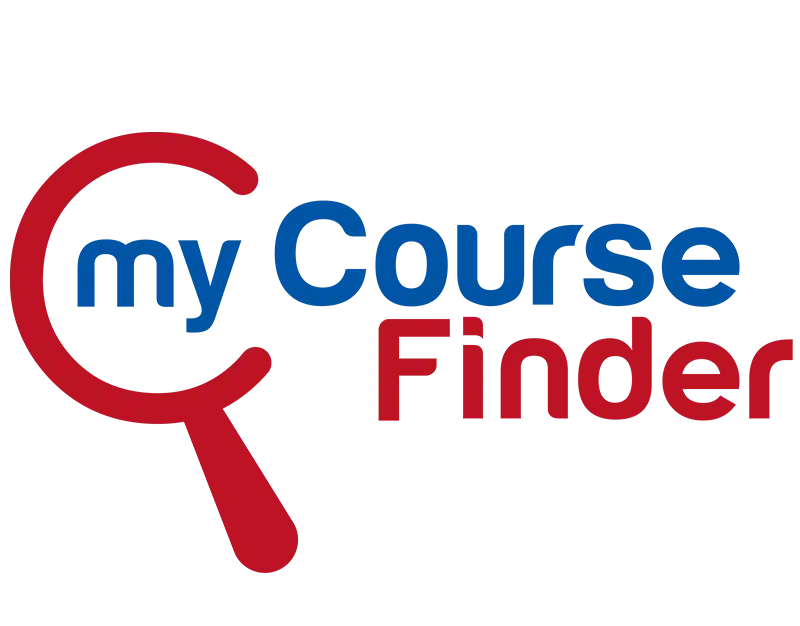

Introduction
Australia’s education system is highly regarded worldwide for its quality and inclusivity. Among its many offerings, private education institutions play a prominent and dynamic role across all levels—early childhood, primary and secondary education, vocational training, higher education, and English language programs. These institutions cater to a wide range of student needs, providing alternative pathways, specialised programs, and enriched learning environments.
Types of Private Education Providers
Private Schools (Primary and Secondary)
Private schools in Australia include independent and Catholic schools, which operate separately from the public system. Independent schools may be secular or affiliated with a religion or educational philosophy, such as Islamic colleges or Montessori schools. Catholic schools are managed by diocesan authorities and deliver faith-based education with academic rigour.
These schools often offer smaller class sizes, tailored learning programs, strong pastoral care, and a wide array of extracurricular activities. While the curriculum aligns with the national framework, private schools have the flexibility to enhance or extend it. Tuition fees vary significantly depending on the school’s reputation, location, and facilities, ranging from a few thousand to tens of thousands of dollars annually.
Private Higher Education Providers (PHEPs)
Private higher education institutions offer accredited programs at the undergraduate and postgraduate levels. These include both specialist colleges and private universities, such as Bond University and Torrens University Australia.
These institutions are regulated by the Tertiary Education Quality and Standards Agency (TEQSA), ensuring adherence to national academic and quality standards. They often offer focused disciplines—such as business, design, health sciences, and technology—with an emphasis on career outcomes, flexible learning options, and small class environments that promote personalised learning experiences.
Registered Training Organisations (RTOs)
RTOs deliver nationally recognised Vocational Education and Training (VET) courses, offering qualifications ranging from Certificates I to IV, Diplomas, and Advanced Diplomas. These providers focus on practical, competency-based learning designed to prepare students for immediate entry into the workforce.
RTOs are regulated by the Australian Skills Quality Authority (ASQA), which oversees standards in course delivery, assessment practices, and provider performance. Many RTOs have strong ties to industries, enabling students to undertake work placements and gain real-world experience while studying.
ELICOS Providers (English Language Intensive Courses for Overseas Students)
English language education is another major offering within Australia’s private sector. ELICOS providers cater primarily to international students seeking to improve their English proficiency for academic, migration, or professional purposes.
Courses are structured to accommodate various levels and objectives, including general English, academic English, and test preparation for IELTS or TOEFL. These providers must meet the ELICOS Standards and be registered on the Commonwealth Register of Institutions and Courses for Overseas Students (CRICOS) to enrol international students.
Regulation and Quality Assurance
Australia has established robust regulatory frameworks to ensure the quality and integrity of its private education sector. All providers enrolling international students must be CRICOS-registered and comply with the National Code of Practice for Providers of Education and Training to Overseas Students.
Higher education institutions are overseen by TEQSA, while RTOs and ELICOS providers are regulated by ASQA. These bodies monitor institutions through audits, assessments, and performance reviews. Tuition Protection Services (TPS) are also in place to safeguard international students in the event of provider default.
International Student Appeal
Private institutions are key contributors to Australia’s vibrant international education sector. They offer pathway programs, foundation studies, and direct enrolment options for students from around the globe. The flexibility, personal attention, and diverse course offerings appeal particularly to students from Asia, the Middle East, and South America.
Articulation agreements with universities allow students to transition from a private college to a university with credit recognition. Many private institutions also provide additional support services, including accommodation assistance, career counselling, and cultural orientation, which enhance the student experience.
Innovation and Future Directions
Private providers are often leaders in educational innovation. They are quick to adopt new technologies, integrate digital platforms, and create hybrid or online models of delivery. This adaptability enables them to cater to the evolving needs of students and employers.
Microcredentials, short courses, and stackable qualifications are gaining popularity, particularly among working professionals seeking upskilling. Many institutions incorporate work-integrated learning into their programs, ensuring graduates are job-ready and well-versed in their chosen fields.
Private institutions also frequently collaborate with industry partners to align curriculum with workforce demands, further strengthening employment outcomes for students.
Choosing a Private Institution
When considering a private education provider, students should verify that the institution is appropriately registered and accredited. Key factors to assess include course offerings, facilities, support services, tuition costs, and graduate outcomes. Transparent policies on refunds, academic integrity, and student welfare are also important indicators of a reputable provider.
Students are encouraged to research using official resources such as:
Conclusion
Private education institutions in Australia play a vital role in shaping the nation’s educational landscape. They offer specialised, flexible, and student-focused alternatives across all levels of learning. With strong regulatory oversight and a commitment to innovation, these providers contribute significantly to both domestic and international education outcomes, supporting Australia’s position as a world leader in education.
